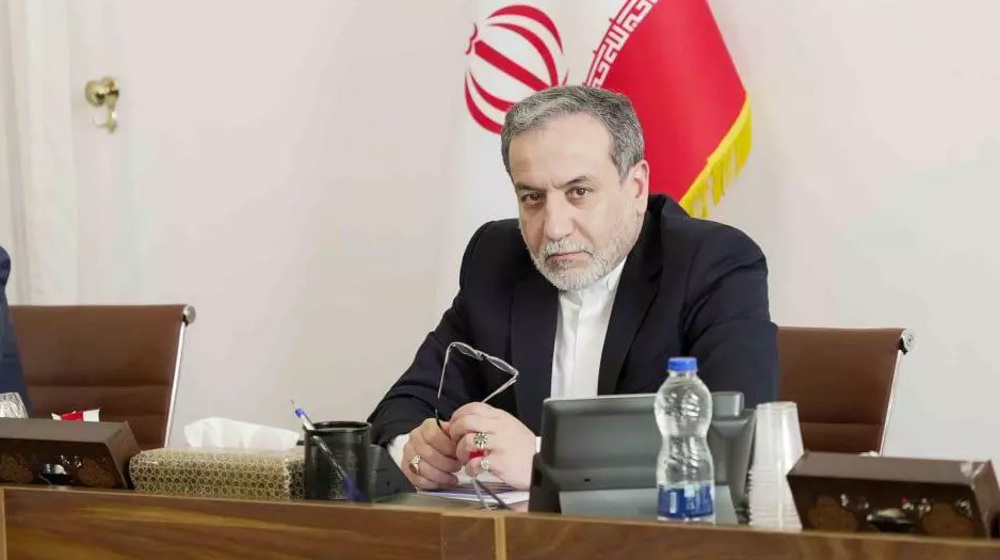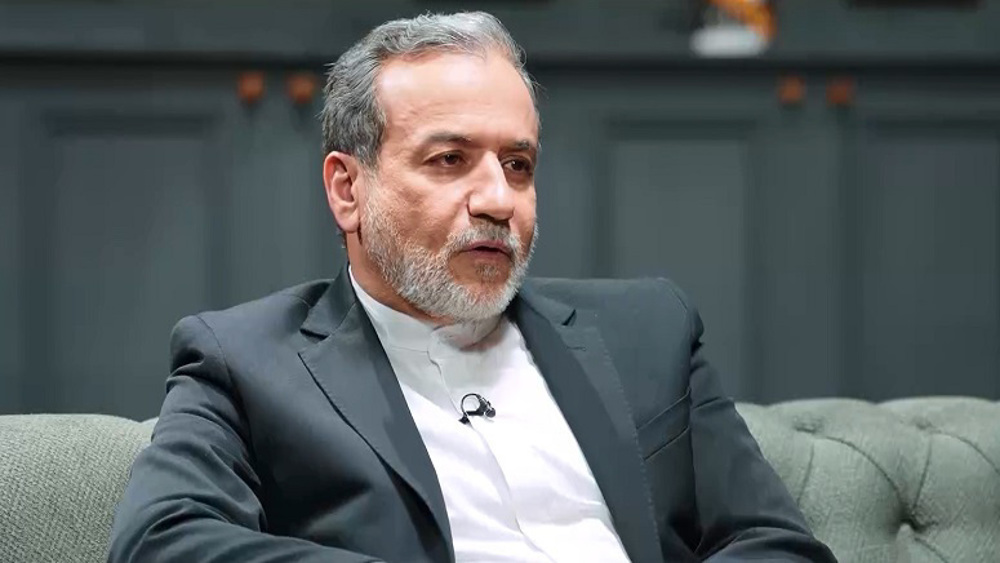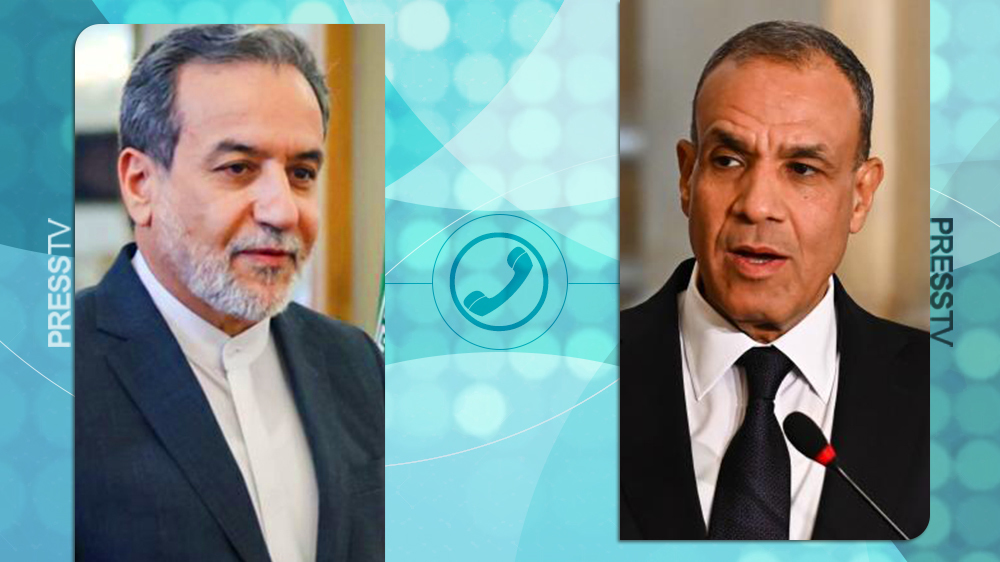Larijani: Iran ready to help Lebanon’s economic recovery
Iran’s Parliament Speaker Ali Larijani says the Islamic Republic is ready to help the new Lebanese government, which came to office following months-long public protests at livelihood hardships, in its drive to improve the country’s economic situation.
“Iran is ready to help improve the economic conditions in Lebanon,” Larijani said in a Monday meeting with Lebanon’s President Michel Aoun in the capital Beirut, where he arrived earlier the same day after a visit to the neighboring Syria.
Discussing with Aoun ways to expand bilateral ties between Iran and Lebanon, Larijani congratulated the Lebanese president on the formation of the new government and wished for its success in the consolidation of stability and security.
Aoun, for his part, welcomed Larijani and expressed regards for his Iranian counterpart, Hassan Rouhani, and wished prosperity, goodness and security for the friendly country of Iran and its people.
The two later discussed the current situation in the region and Syria as well as the condition of Syrian refugees in Lebanon and the necessity of their return to their homeland when security is restored.
Larijani also sat down for talks with Secretary General of Lebanon's Hezbollah movement during his visit to Beirut. The two had a conversation about security, political and economic challenges facing countries in the West Asia region.

Last week, the Lebanese parliament threw its support behind the new cabinet led by Prime Minister Hassan Diab in a vote of confidence held amid the protests over economic woes.
The formation of the new government under Diab came after the Lebanese resistance movement Hezbollah and its allies agreed on a cabinet that needed to urgently address the economic crisis and ensuing protests that toppled its predecessor.
Since October 17, 2019, Lebanon has been rocked by nationwide protests against rising inflation and living costs as the government struggles to attract investment amid increasing economic hardships and a decreasing capital flow into the country.
The protesters blame the faltering economy on widespread corruption and abuse of privileges among politicians as the national debt hovers around $85 billion.

Larijani also had a meeting with Diab and discussed bilateral ties between Tehran and Beirut.
In a separate meeting on Monday, Larijani met Lebanese Parliament Speaker Nabih Berri, who underlined unity among people in the Arab country and said, “What the Lebanese need at this stage is unity and just unity.”

Upon arrival in Lebanon and during a press conference at the Beirut International Airport on Sunday night, the top Iranian parliamentarian said, “Lebanon is an influential country in the Middle East.”
“Iran favors a free and independent Lebanon.”
Larijani further explained that the goal of his trip to the Arab country was consultations and deliberations with Lebanese officials and groups on regional developments, Palestine and expanding Tehran-Beirut ties.
During his one-day visit to Lebanon, Iran's Majlis speaker also met with the leaders of various Palestinian resistance groups, discussing with them the situation in the occupied territories.

Iran calls on EU to end targeting ordinary Iranians after missile transfer claims refuted
UK police detain Jewish scholar Haim Bresheeth following pro-Palestine address
VIDEO | Iraqi resistance strikes key Israeli targets in occupied territories
VIDEO | Press TV's news headlines
Iranian satellites launched into space as private sector debuts in space industry
VIDEO | Iran, Azerbaijan conduct joint maritime rescue operations
VIDEO | Yemen’s Red Sea divide: Naval forces block Israeli-linked ships in strategic ‘parting of the water’
VIDEO | Southern Gaza: Israel’s facade for famine and suffering










 This makes it easy to access the Press TV website
This makes it easy to access the Press TV website